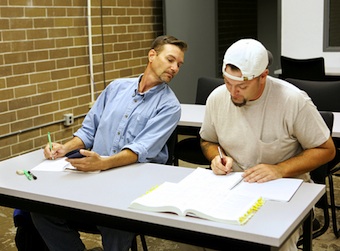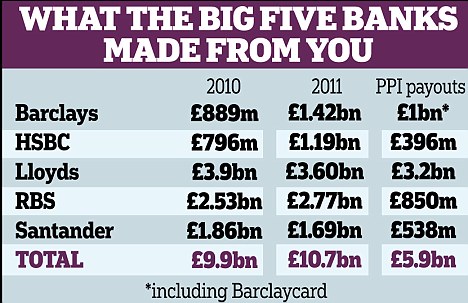When I was a child, my grandmother had a number of oft-repeated sayings which she saw as part of our moral education. On such saying was “cheats never prosper”. In this post, I want to explore this idea in a variety of contexts: education, gambling, city trading.
Education
 In this data rich internet age, there is a whole industry of software available to examination boards and universities to detect cheating. With copying and pasting just a couple of mouse clicks, it’s so easy just to plagiarize another’s work. There’s a saying in education along the lines of: “to steal from one other is plagiarism, to steal from more is research”.
In this data rich internet age, there is a whole industry of software available to examination boards and universities to detect cheating. With copying and pasting just a couple of mouse clicks, it’s so easy just to plagiarize another’s work. There’s a saying in education along the lines of: “to steal from one other is plagiarism, to steal from more is research”.
Betting on the Horses
 When I first started work in the 1970s, people still took a whole hour for lunch. One of my colleagues regularly spent his lunch hour carefully studying the racing pages of several newspapers. He explained it was his hobby. He made small bets and reckoned, with enough study, he could make about a 10% return on his bets over a year. In the horse racing world, it’s perfectly fine to make a little money this way. What is not right – in fact, illegal – is to use specific information about a jockey throwing a race for gain or similar misdemeanours. Once again, it’s specific, rather than general, knowledge that creates the problem.
When I first started work in the 1970s, people still took a whole hour for lunch. One of my colleagues regularly spent his lunch hour carefully studying the racing pages of several newspapers. He explained it was his hobby. He made small bets and reckoned, with enough study, he could make about a 10% return on his bets over a year. In the horse racing world, it’s perfectly fine to make a little money this way. What is not right – in fact, illegal – is to use specific information about a jockey throwing a race for gain or similar misdemeanours. Once again, it’s specific, rather than general, knowledge that creates the problem.
City Trading
There’s a similar distinction when investing in, say, stocks and shares. Insider trading is a crime. Using information that is not available to others, for personal gain, is clearly morally wrong. But there is a difficulty here. There’s a continuum between inside knowledge gained through personal contacts and that accumulated as part of one’s daily work as a city trader. Information flows continually around the (electronic) trading floor and the fastest and best at picking up on this will be the winners in this game. A City trader is, after all, nothing more than a gambler with other people’s money. Sebastian Faulks’s 2009 novel A Week in December illustrates this beautifully.
 A further moral hazard – and clearly a form of cheating – in the City was the fixing of the so-called LIBOR rate of exchange between banks. A further example is the mis-selling of Payment Protection Insurance (PPI), which took a further twist this summer.
A further moral hazard – and clearly a form of cheating – in the City was the fixing of the so-called LIBOR rate of exchange between banks. A further example is the mis-selling of Payment Protection Insurance (PPI), which took a further twist this summer.
As so-called financial “products” (of which more some other time) have got ever-more complex, problems have compounded. The ability of people to understand what is going on gets ever more challenging. So too is it harder for regulators to do their overseeing role properly. In all these examples, deciding between what is fair and what is cheating becomes harder and harder.
Conclusion
The orthodox economic view since the 1980s asserts that unfettered free markets make the best – indeed the only – way to run economies. The not-so-implicit subtext is that “greed is good”. This, in turn, gives encouragement to those who have few scruples about how they make their money. The key message about cheating becomes: “don’t get caught”. And yet, (mentally healthy) human beings have brains that are hard-wired to the concept of fairness. We have lots of evidence that cheats appear to prosper – at least, for some of the time.
Perhaps my grandmother was wrong – but I, and many others, don’t like it.